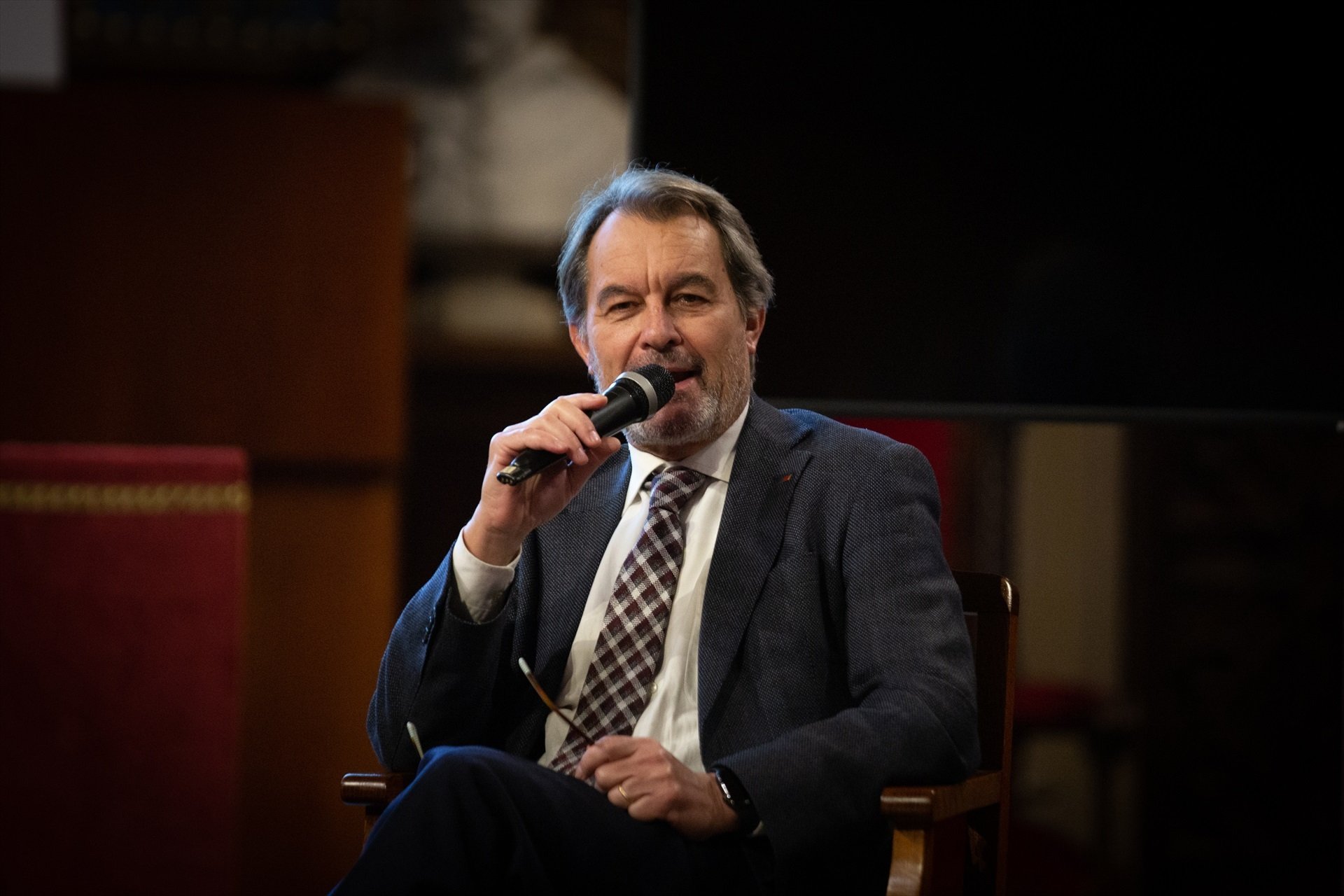Spain's public auditing tribunal, the Court of Accounts, has this Monday dismissed an appeal filed by former Catalan minister Francesc Homs and other members of the Generalitat government convicted for the 9-N Consulta, the unofficial independence poll held on 9th November 2014, in which the defendants had asserted that the calculation of interest payments on amounts they were required to pay was unjust. The tribunal found that former Catalan president Artur Mas and nine members of his government had civil liability for the repayment of 4.9 million euros in public funds used to organize the 9-N independence consultation, to which they added more than one million euros for the accrued interests since 2014. In this appeal, filed by Homs, they requested a reduction in the interest to just over 590,000 euros, but according to legal sources in Europa Press, the tribunal's 'Chamber of Justice' rejected this, thus confirming its decision of July 28th last year, when the prosecution section of the tribunal - which does not have the status of a full court - had already dismissed the appeal over the interest payment to be made.
Francesc Homs, making allegations to which Artur Mas, Irene Rigau, Joana Ortega, Josefina Valls and Jordi Vilajoana all adhered, argued before the court that the interest to be paid should be set at 590,547.63 euros. The former Catalan minister explained in the appeal that the controversial point was to define whether the huge civil bail amounts that the defendants handed over earlier in the case caused the accrual of interest to be ""paralyzed or extinguished".
In this regard, Homs recalled that the 'Chamber of Prosecution' had set down that the obligation to pay interest was extinguished "only if the principal had been delivered or made available to the public entity that was harmed". He noted that the decision "denied any liberating effect from the amounts paid, given that no payment was made by the parties to the Generalitat of Catalonia for this item" until July 30th, 2020. However, the former minister argued that the calculation of interests should have been paralyzed from the moment, well before this 2020 date, when the initial civil bail payments were made. "From the moment the bail payment is made, the destination of the consigned capital will no longer depend on the defendant, since after the money enters the judicial account they have no power with respect to it, with it then depending on the result of judicial action," he argued.
Pubic prosecutors, opposed to the appeal
For its part, the prosecution, in a report to which Europa Press has also had access, opposed the appeal filed by Homs. The prosecutors considered that the appeal "does not do anything except reiterate the arguments that have been rejected by the decision it challenges, without providing new arguments, [only] showing the defendants' dissatisfaction in linking the liberating effect of the payment to the acceptance and payment of the penalty imposed.” Prosecutor Manuel Martín-Granizo emphasized that "what the appealed decision does is conclude that in this case the payment carried out did not produce a liberating effect [from the interest payments] because the [defendants] did not state their will to accept and pay the penalty imposed".

